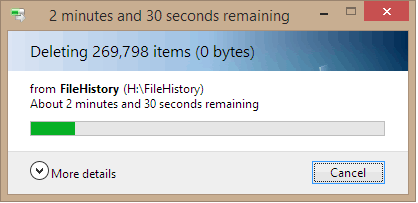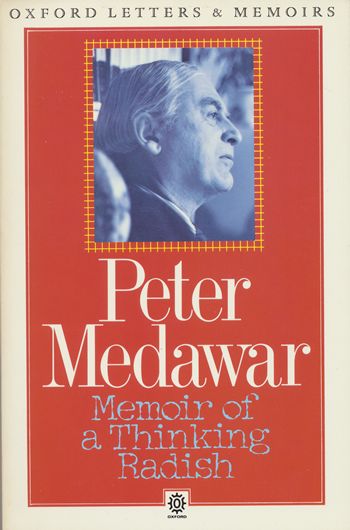2014 — 9 March: Sunday
Happy birthday young Gill.1 I hope you have a super spiffy day.
Meanwhile apart from time...
... spent out in the fresh air on one of our more local walking loops later this sunny morning, this is Day 2 of life without any spinning rust inside BlackBeast. My (largely inchoate) strategy is to keep all my more volatile web and text files close at hand, as it were, while relegating all the audio and video media files, and the photos and scanned artwork — all of which are largely, erm, large and generally invariant once created — out on the Synology NAS. From there they are still all available to BlackBeast, but also handy for streaming to the hi-fi and plasma screen, courtesy of the frightfully useful new Oppo Blu-ray (and so much more) player.
I still have (within easy switching-on reach) my entire JBOD mixture of conventional disks (7TB of USB3-connected and 6TB of eSATA-connected) for data backup. That should hold things for a while. And I was only faintly appalled to discover — now that I'm in the process of relocating Win8's "File History" from one of these external drives to the smallest of the four onboard SSDs — that Win8 is even more of a squirrel than I am. Said File History currently contains 253,290 items and sprawls over 83.6GB of my disk space.
File History saves copies of your files so you can get them back if they're lost or damaged.
Is that so? Actually, what's more appalling is I don't really care.2 I shall be mildly interested to know, however, if the OS has been intelligently discarding its earliest saved files as it laboriously moves all this gorp. (There is, after all, rather less room on the SSD than on the 3TB drive I'd previously allowed it to use.) Furthermore, I suggested it use the default space (5%) on the new location before it actually admitted to me just how much data is involved... (All the cheeky thing said was "We've found some File History files on drive so-and-so. Would you like us to move them to your new File History drive?")
Idiot that I am, I said "Yes".

As you can see, the OS is not too smart. But now I also know how to clean up all but the most recent version of every file it misguidedly tucked away for me.
Six years on...
... I still think this piece (by Neil Postman) contrasting Orwell's "1984" and Huxley's "Brave New World" bears repeating:
Contrary to common belief even among the educated, Huxley and Orwell did not prophesy the same thing. Orwell warns that we will be overcome by an externally imposed oppression. But in Huxley's vision, no Big Brother is required to deprive people of their autonomy, maturity and history. As he saw it, people will come to love their oppression, to adore the technologies that undo their capacities to think.
What Orwell feared were those who would ban books. What Huxley feared was that there would be no reason to ban a book, for there would be no one who wanted to read one. Orwell feared those who would deprive us of information. Huxley feared those who would give us so much that we would be reduced to passivity and egoism. Orwell feared that the truth would be concealed from us. Huxley feared the truth would be drowned in a sea of irrelevance. Orwell feared we would become a captive culture. Huxley feared we would become a trivial culture... As Huxley remarked in "Brave New World Revisited", the civil libertarians and rationalists who are ever on the alert to oppose tyranny "failed to take into account man's almost infinite appetite for distractions." In "1984", Huxley added, people are controlled by inflicting pain. In "Brave New World", they are controlled by inflicting pleasure. In short, Orwell feared that what we hate will ruin us. Huxley feared that what we love will ruin us.
I wonder where "Angry Birds" or "Minecraft" would fit into their prophecies.
I had to...
... stop half-way through putting the car away so I could 'shoo' a very fat bumblebee out of the garage. I didn't want to imprison the poor thing. Glorious Spring day, by the way. [Pause] Right, I suppose I'd better do something about lunch while the washing machine is doing its washing machine thing.
The book with...
... perhaps the best title of any on my shelves (putting to one side Gershon Legman's two-volume "Rationale of the Dirty Joke") is, perhaps, this one by Peter Medawar:

I was reminded of it when I spotted this quotation from it...
A danger sign that fellow-obsessionals will at once recognize is the tendency to regard the happiest moments of your life as those that occur when someone who has an appointment to see you is prevented from coming.
... among Paul Graham's entertaining collection of quotes. In truth, the entire page3 from which he extracted this sentence would be well worth quoting — it deals with his time as newly-appointed Director of the National Institute for Medical Research in mid 1962.
Was it Wittgenstein, by the way, who — if he really didn't want to meet someone — would make a definite appointment (time and place) and then deliberately be somewhere else at that time, confident that he would thereby dodge the unwanted meeting? (I admit it would be funnier if it were Heisenberg, or Pauli. Or, perhaps, Dirac.)